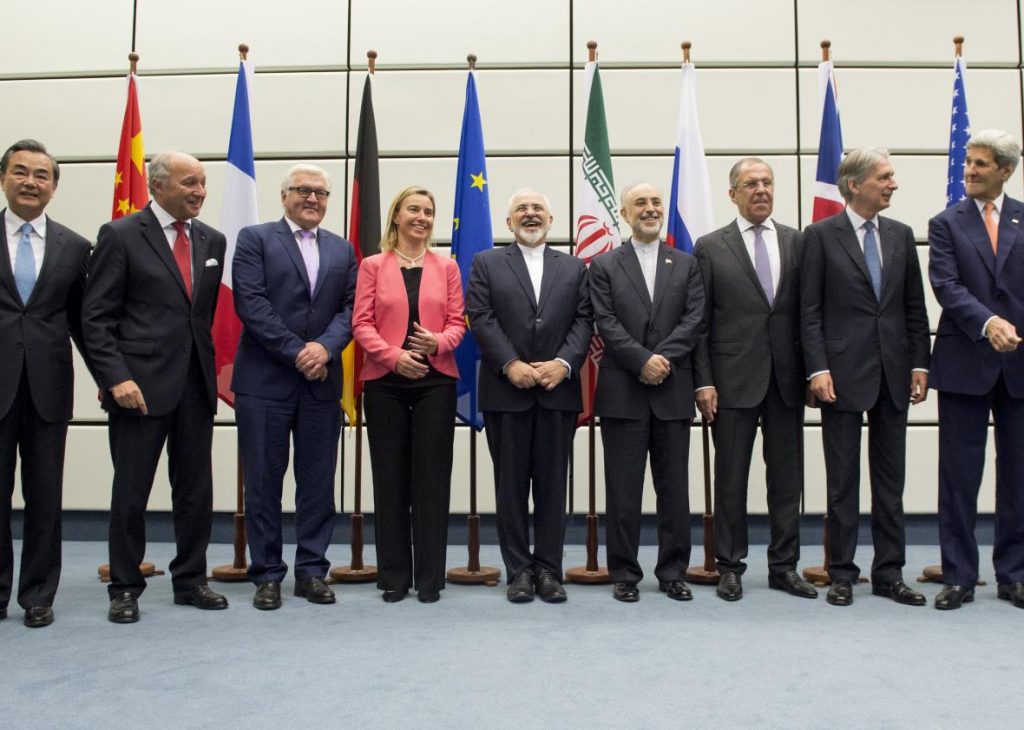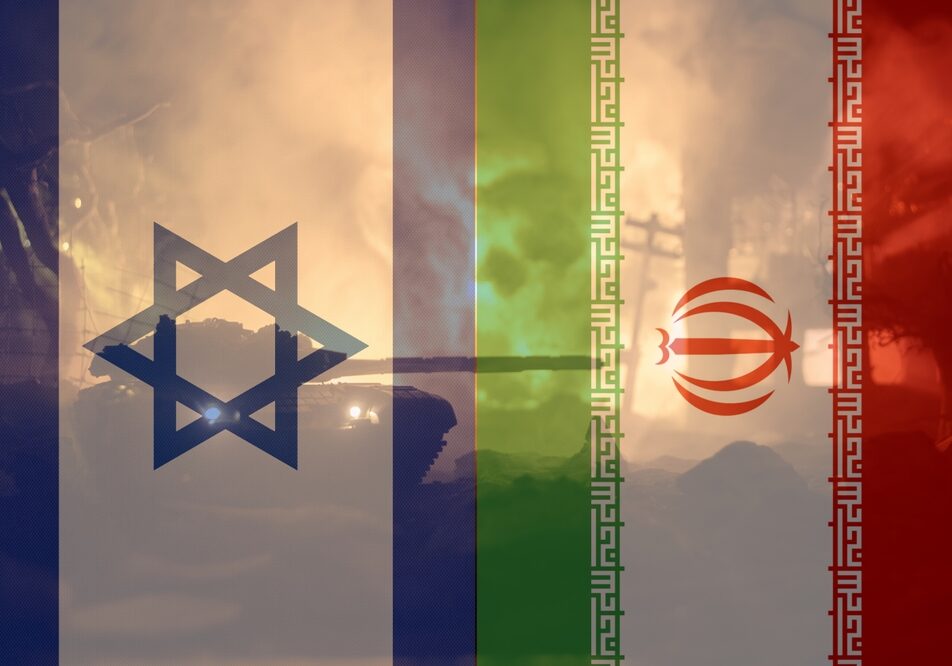Australia/Israel Review
JCPOA’s flaws brought us here
Jun 4, 2019 | Emily B. Landau

Recent developments surrounding the Iran nuclear crisis – including the Trump Administration’s designation of Iran’s Revolutionary Guards as a terror organisation, further US sanctions placed on Iran and Europe’s inability so far to significantly circumvent them – have led to rising tensions between Iran and the United States.
The effects of the “maximum pressure” campaign are being felt acutely in Iran, and it is desperately trying to find a way to push back.
Iran has threatened to end some of its commitments under the Joint Comprehensive Plan of Action (JCPOA) and exit the nuclear deal within 60 days if the US and Europe do not cave in to its demands to moderate sanctions. In addition, Iran is issuing military threats against US interests, and threatening to close the strategically vital Strait of Hormuz.
In response, the Trump Administration has sent the USS Abraham Lincoln carrier strike group and a B-52 bomber task force to the Gulf. A new deployment of Patriot missiles to the Middle East has also been approved.
This is not the first time Iran has issued threats – whether to increase its uranium enrichment capabilities or to close the Strait of Hormuz – against both Europe and the US since the JCPOA was concluded in 2015. It is the language Iran always uses to try to pressure and intimidate the other side – a sign of desperate posturing.
But the United States’ show of force is an indication that it is taking an Iranian attack scenario seriously.
There has been a tendency of late, in the media and among staunch Iran deal supporters, to relate only to these most recent events, and to portray Iran as the victim of US bullying. They claim that due to the latest sanctions, the Trump Administration has left Iran no choice but to begin stockpiling enriched uranium and heavy water.
This ignores the entire history of how we got to where we are today. Indeed, these events are just the latest episode in the ongoing saga of confronting Iran’s illicit nuclear weapons aspirations, confirmed beyond doubt by the nuclear archives extracted from Teheran in January 2018. Iran blatantly violated the Nuclear Nonproliferation Treaty by working on a nuclear weapons program, and deceived the International Atomic Energy Agency (IAEA) for years.
The US is not initiating hostilities. It is responding to Iran’s threats, and aggressive regional and bad faith behaviour. Despite the JCPOA having created the illusion that give and take was necessary with Iran, the international community owes Iran nothing on the nuclear front – the burden of proof is on Iran alone, to demonstrate that it is worthy of trust after lying and cheating for years.
It has not done so. In fact, Iran has remained uncooperative as far as inspections at military facilities, any further discussions regarding its missile program and regional profile, and has become more aggressive in its activities across the region. That includes entrenching its forces in Syria, and stepping up its weapons transfer to Hezbollah as its strike arm through attempts to provide precision-guidance technologies.
The issues being faced now also underscore the problematic nature of the JCPOA itself. They are a direct result of the blatant flaws in the nuclear deal – in this case the fact that the deal dangerously and ill-advisedly legitimised Iran’s enrichment program after having sanctioned Iran for years for this very program.
So now Iran is insisting on its right to enrich and transfer the excess amounts of enriched uranium abroad (in order to remain under the mandated 300kg limit) – a transfer that has been made impossible by newly-imposed US sanctions. This is the sad result of having granted Iran’s enrichment program special status.
The stated aim of the Trump Administration is to get Iran back to the negotiating table through a campaign of maximum pressure. Now that the strategy is beginning to bear fruit, it is not the time to back down or relent. The US and Europe should be firm in their response, and not allow Iran to hold them hostage to its ultimatum, or to dictate terms to the international community.
The initial European reaction to Iran’s intended nuclear steps is correct – Iran cannot be allowed to deepen the wedge between the US and Europe, the familiar “divide and conquer” tactic that Iran has employed since 2003. And firm Trump Administration counter threats, including a demonstration of force by bringing military force to the Gulf, are necessary in order to deter Iran from any thoughts of initiating military action.
The scenario of a possible military confrontation, while currently moving to the forefront, is, nevertheless, a sideshow to the central dynamic which focuses on Iran’s nuclear, missile and regional activities.
Neither Iran nor the US has an interest in war. If there is escalation to military attacks due to miscalculations, it might overtake all other issues, but until then, fanning the flames of imminent war – in the media and among analysts – is a strongly ill-advised message.






